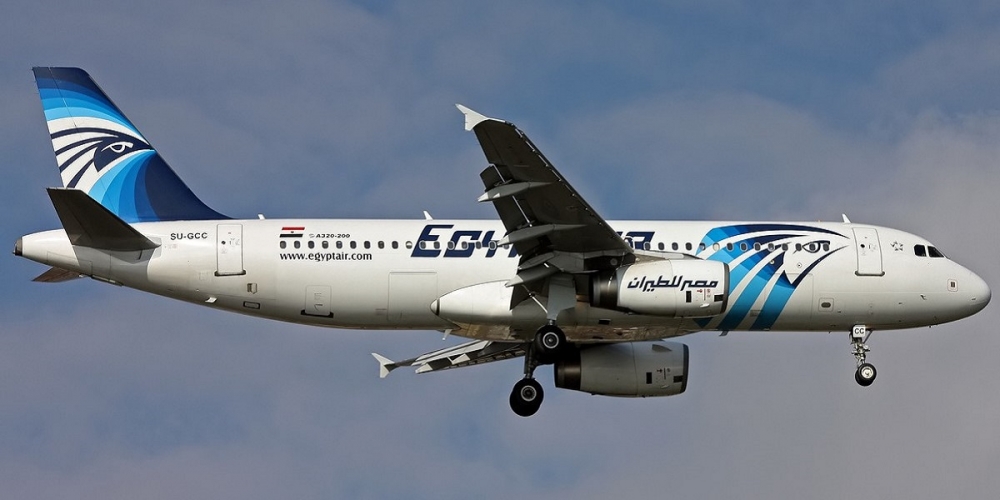Explosive traces reported in Egyptair crash
15 December, 2016
3 min read


Investigations of the May crash of an Egyptair Airbus A320-200 while flying from Paris to Cairo are being pursued by prosecutors after investigators announced traces of explosives had been found on the remains of victims.
A progress report posted by the Egyptian Aircraft Accident Investigation Committee on the Ministry of Civil Aviation’s website revealed the findings on Thursday and suggests a bomb could have been responsible for the tragedy.
“The central directorate of aircraft accident investigation at the ministry of civil aviation had received the forensic report related to the victims (sic) human remains, the report indicated that traces of explosive substance on some of the victims human remains has been found,’’ the committee’s report said.
“The Egyptian aircraft accident investigation committee has transferred the case to the Egyptian Prosecution Bureau for further investigation and availed its technical knowledge and expertise to the bureau when needed.’’
Egyptair flight MS-804 plunged into the Mediterranean about 130kms north of the Egyptian city of Alexandria on May 19 with 56 passengers and 10 crew on board.
Messages received from the plane prior to the crash indicated cockpit window temperature sensor problems and that smoke detectors had been activated.
The plane’s black boxes were recovered from the sea floor in June and were taken to France for repairs before being returned to Egypt’s Civil Aviation Authority.
The CAA reported in late June that data downloaded from the flight data recorder were consistent with the messages from the plane’s Aircraft Communications Addressing and Reporting System (ACARS) of smoke in the lavatory and avionics bay. Some wreckage from the front of the aircraft also showed evidence of severe heat damage and soot.
The following month it reported that analysis of the cockpit voice recorder uncovered mentions of the word “fire”.
While there have been theories that a small bomb could have caused the crash, no group has ever claimed responsibility.
This contrasts with a crash in October, 2015, of Metrojet Airbus 321 that dealt a serious blow to Egyptian tourism and was quickly claimed by Islamic State.
British and American agencies said early in the investigation that they believed the Russian charter flight, carrying holidaymakers from a Red Sea resort, was brought down by bomb over the Sinai Desert, killing all 224 on board.
Russian Federal Security announced in November, 2015, that they were certain it was terrorist attack involving an improvised bomb containing an equivalent of up to 1 kilo of TNT.
However, there are still some doubts about the latest Egyptian findings.
Reuters reported that two unidentified Western sources briefed on the investigation expressed reservations about the explosives findings and said a technical cause remained the most likely.
The news agency said one of the sources said the traces appeared to be identical to samples previously held in stock but there would usually be tiny forensic differences.
One of the sources said the traces of explosives reportedly found appeared to be identical to samples previously held in stock, whereas there would usually be tiny forensic differences,
Next Article
Virgin gets nod for Tiger deal

Get the latest news and updates straight to your inbox
No spam, no hassle, no fuss, just airline news direct to you.
By joining our newsletter, you agree to our Privacy Policy
Find us on social media
Comments
No comments yet, be the first to write one.
